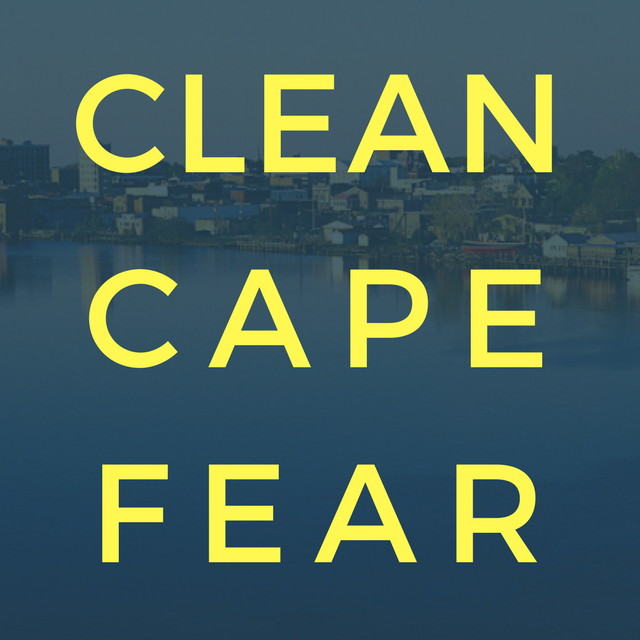Are Under-Sink Reverse Osmosis Filters Bad for the Environment?
We asked Dr. Knappe to weigh in on whether reverse osmosis (RO) filters are bad for the environment. Few people are willing to make recommendations on in-home filtration methods. Dr. Knappe told us he continues to receive multiple requests from the community for home filtration recommendations. This is why he conducted tests on various in-home systems in the Wilmington area to see how well they performed at removing the cocktail of chemicals specific to the Cape Fear River. “I don’t want people to waste precious money on home filters that don’t work,” Knappe told us. You can view those test results here.
Dr. Knappe has been studying activated carbon adsorption for more than 25 years and he says it “is my favorite water treatment material. If I even had an inkling that it would work for C3-ether, I would wholeheartedly recommend it. But we have data showing it does not, and I also have data showing activated carbon does not work for 1,4-dioxane, while RO does.”
Yet, many people are concerned about the environmental impact of using RO. So we asked Dr. Knappe if under-the-sink RO filters were bad for the environment. In particular, two issues have been raised: First, RO systems produce wastewater because only a fraction (about 20-75% depending on the system and water pressure) of the water entering the RO unit becomes the potable product, meaning that water is wasted; and second, GenX and other contaminants remain in the water being wasted, meaning that these chemicals are returned to the sewer and eventually reach the river again.
In response to the first issue, Knappe said: “An under-the-sink RO system only treats about 1 - 2% of your total home water usage. So the usage impact is small.” A typical person living in the US uses about 100 gallons of water per day. If 2 gallons per person are used for drinking and cooking, this amount would increase to somewhere between 3-10 gallons following the installation of an under-the-sink RO system, for a new total of 101-108 gallons per person per day.
But what about RO filters’ wastewater? That still has GenX and C3-ether in it, why would we use RO if it just puts these fluorochemicals back in the water? It takes up to five gallons of water to generate one gallon of filtered RO water. The other four gallons are flushed down the drain as “wastewater.” Should we be concerned about the environmental impact of this wastewater? “For under-the-sink RO systems,” says Knappe, “returning GenX and C3-ether back to the river is a non-issue. These chemicals were already in the river to begin with. Right now, you are returning GenX and C3-ether to the river every time you flush your toilet, take a shower, or do your laundry. By installing an under-the-sink RO system you are not further polluting the river. The river was already polluted with these fluorochemicals from upstream.” We can thank our wealthy corporate neighbor, Chemours, and their irresponsible manufacturing practices for this particular pollution.
Dr. Knappe reminds us, “It’s not the duty of every resident to remove GenX and C3-ether from our water supply.” Chemours made this mess, Chemours should pay to clean it up. Sign our petition to make them pay! Until Chemours pays, the best way to limit your exposure to GenX and C3-ether is to target the one area of home use that poses the highest health risk—drinking and cooking.
Through Dr. Knappe’s experience and research, an under-the-sink RO filter will get the job done and it’s environmental impact is small.
Detlef Knappe is a Professor in the Department of Civil, Construction, and Environmental Engineering at North Carolina State University. Current efforts in the Knappe research group focus on (1) developing and evaluating water treatment processes for the control of disinfection byproduct precursors and organic micropollutants (e.g., carcinogenic volatile organic contaminants, 1,4-dioxane, perfluoroalkyl substances), and (2) overcoming gaps between the Clean Water Act and the Safe Drinking Water Act by developing information about the effects of reactive and unregulated wastewater contaminants on drinking water quality and treatment.
Detlef Knappe was recently selected to serve on the Science Advisory Board of the United States Environmental Protection Agency, and he serves as Trustee on the Water Science and Research Division of the American Water Works Association.
